Yes they do.
An analysis of 83 mountain lion carcasses found that over 50% had cat remains inside them.
While a mountain lion’s favored prey is deer, they have been known to kill and eat anything lower down the food chain including insects.
Cats are carnivorous and predators themselves, the same as mountain lions, in general predators don’t eat other predators, but that won’t stop a hungry mountain lion.
Contents
What Should You Do To Keep Your Cat Safe From Mountain Lions?
- Keep your cat in at night.
- If you let your cat out into your yard, go with it.
- If you see a mountain lion near your property, make a lot of noise.
- Stop your cat from running away.
- Keep all other pets inside or within very secure enclosures.
– Lifespan: 8-13 years in the wild and up to 20 years in captivity
– Weight: males 117-220 lbs, females 64-141 lbs
– Height: 24-35 inches at the shoulder
– Length: males measure 7.9 ft. and females 6.7 ft.
– Diet: carnivorous
– Habitat: mountain terrain, heavy bush, grasslands, and desert
Statistics about Mountain Lions:
An estimated population of 50,000.
Mountain lions don’t have any natural predators.
After Jaguars, they are 2nd largest cat in the Americas.
Hunting mountain lions is regulated, not banned, in the United States.
They are in general, in decline.
Now found mainly in the western states, they are slowly reclaiming their old eastern habitats.
In North America, deer make up 60-80% of the Puma’s diet, and the mean weight of prey taken is 39-48 kg.
iucnredlist.org
Anecdotal Evidence Of Mountain Lion Attacks On Cats
Mountain lions eating cats is known but wasn’t seen as a frequent occurrence until lately. A fairly recent report says that mountain lion attacks on pets, including cats, is on the rise.
This is probably due to human activity. As the population expands ever outwards from the urban areas, they invade the hunting grounds of the lions, which are extensive. A male mountain lion’s territory can be anything from 10 square miles to well over 300.
With the increase of pasture animals, such as cattle and sheep, which would seem like natural prey to a mountain lion, the likelihood of these cats moving into areas of easy food sources is high.
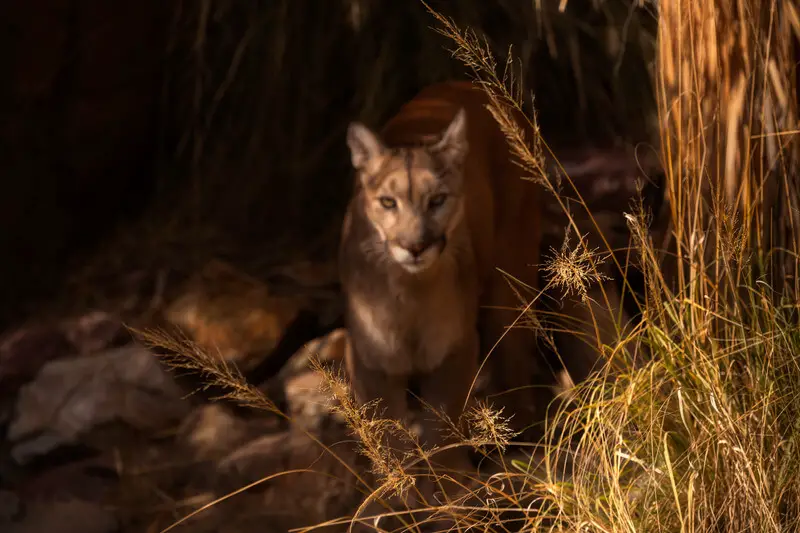
Outlying suburban communities will also appeal to the mountain lion, especially if their normal food sources are scarce. A male lion will kill a deer around every 9-12 days, a female nursing young, much more frequently. If other game is hard to find in the wild, they will hunt elsewhere.
The DFW claims that there are reports, subsequently verified, of mountain lions taking cats from suburban backyards.
An analysis of the carcasses from 107 special hunting permits issued, said that out of the 83 mountains lions that were autopsied, over 50% had cat remains inside them, as well as other domestic animals.
Amazingly, only 5% of them had deer remains, their natural prey. So, the answer to the question: do mountain lions eat cat? Is yes, with mounting frequency.
The mountain lion goes by several names including; puma, cougar, red tiger, and catamount.
Wikipedia
Cats vs Mountain Lions
Hands down, in a fight, the mountain lion would win. Although they are related, both being of the feline line and having the same attributes of stealth and agility, because of sheer size and aggressiveness, it would be no contest.
Most cats, when faced with a much larger aggressor, will turn and flee. Unfortunately, that won’t help with a mountain lion. Running triggers its chase and hunting instincts.
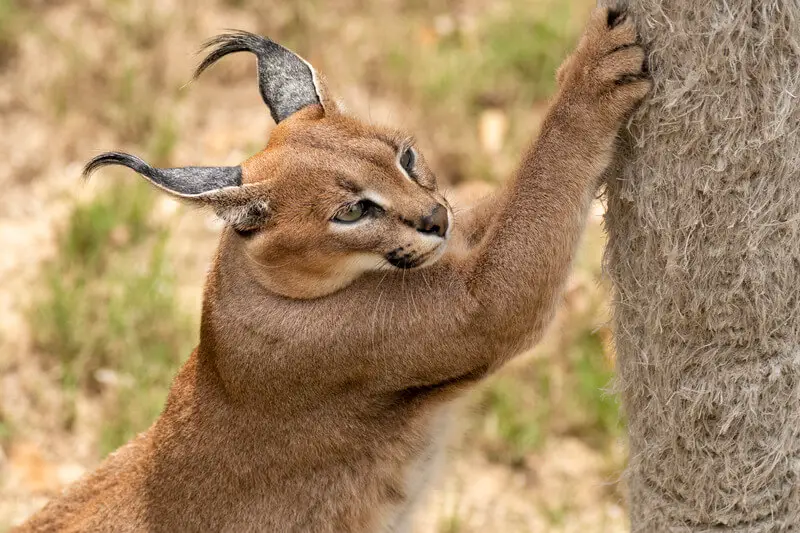
Humans, when attacked, have managed to scare off mountain lions, but it is doubtful that a lion would be impressed with an inflated fur-ball, hissing and spitting.
Although the males are mostly solitary, the female nurtures her young for up to 18 months, so it sometimes looks like they hunt in packs. One mountain lion on its own is bad enough, but several at once?
The Department of Fish and Wildlife warns pet owners to keep their cats inside and their dogs leashed when outside if living in areas near open space or when visiting park lands.
sfgate.com
Also Read:
Do Coyotes Eat Cats?
Do Possums Eat Cats?
Do Wolves Eat Cats?
Do Bears Eat Cats?
Cats at Risk From Mountain Lions
All cats are at risk, it would seem. It doesn’t matter if they are young, strong, and fast, they just aren’t big enough to take on a mountain lion.
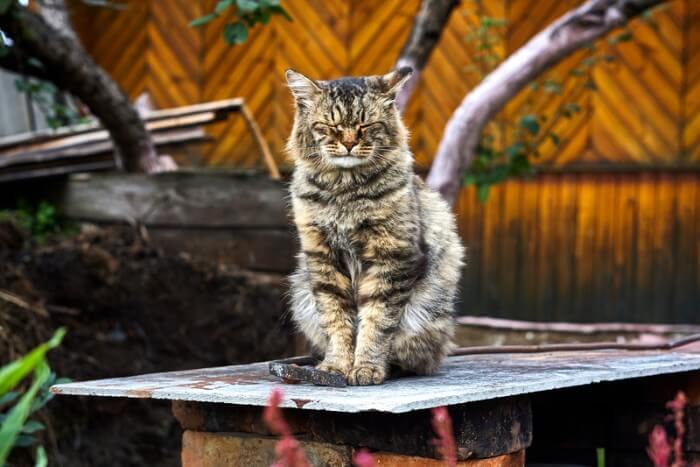
Mountain lions can leap fences, so an enclosed area doesn’t guarantee their safety unless the barrier is very high.
Only cats kept inside are safe. Mountain lions like to hunt at dawn and dusk, so any roaming cat will be at risk.
How to Keep Mountain Lions Away:
- Use time activated lights, set for the dawn and dusk hours
- Use motion sensor lights
- Install strobe lights
- Install sound makers or sirens
- Install water sprinklers or other devices that shoot a jet of water in a 3-4 second burst
Mountain lions are easily scared and can be frightened away using sound, water and light. The Department of Fish and Wildlife have developed several effective methods for ranchers that are available.
“As a pet owner you have a responsibility for the safety of that animal, especially if you live in open space or wild animal habitat”
DFW
Other Pets at Risk
Knowing that mountain lions are increasingly venturing into urban and suburban areas, no pet is safe.

Dogs seem to be a natural enemy of mountain lions and can be attacked, so any other pet that is left outside overnight will be fair game.
Take-away
Now that you know that domestic cats are at risk from mountain lion attacks, you can take measures to counter them.
At the moment, mountain lions are mostly contained within the western states, having been driven out of their eastern habitat, but there is evidence that they are moving back eastwards.
Although the general trend is that their numbers are declining, they aren’t in danger of extinction. As the lions learn to live more closely to humans, their numbers could well increase.
As the range of mountain lion occupation stretches from Canada to Argentina, there is the possibility of northward migrations to revitalize the breed.
Sources:
- https://www.thoughtco.com/mountain-lion-facts-4684104
- https://www.iucnredlist.org/species/18868/97216466
- http://westernwildlife.org/wp-content/uploads/2010/03/CougarFAQFinalforPrint.pdf
- https://mountainlion.org/portalprotectfrighten.php
As an Amazon Associate I may earn a small fee from qualifying purchases at no extra cost to you. This helps us run the site, so thanks for your support!

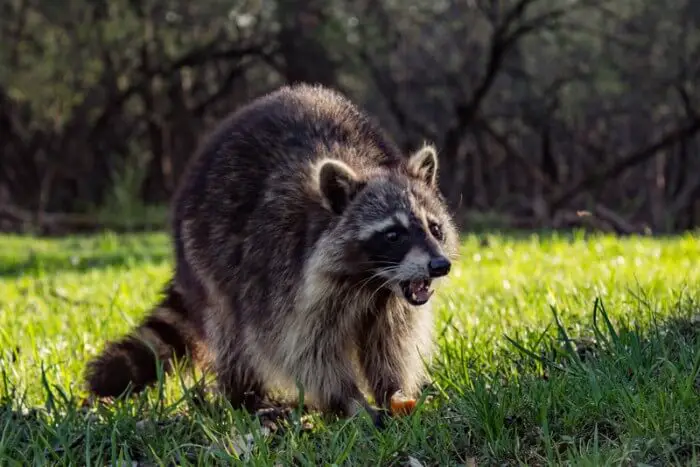
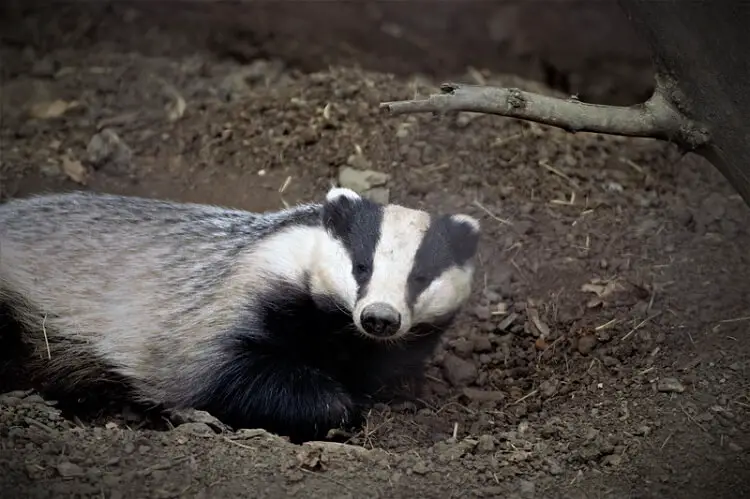

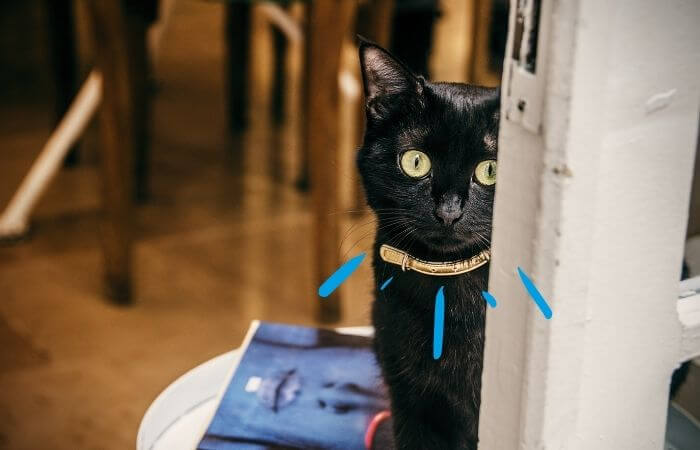
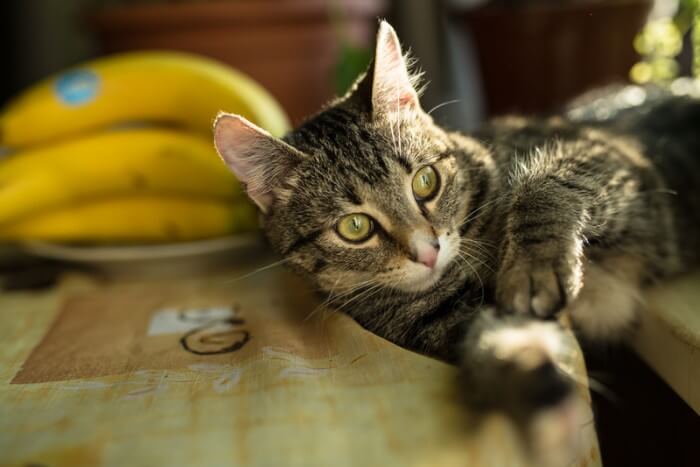
Leave a Comment